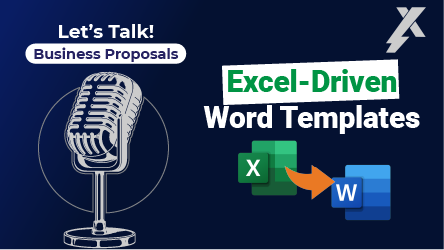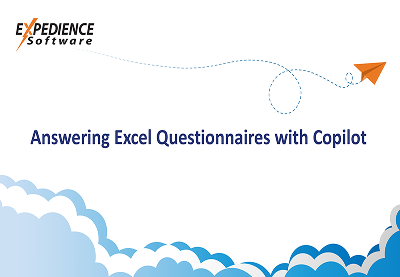CRM systems and Sales Enablement Software share a lot in common—they’re both used as part of a sales strategy, provide tools and collect necessary information, and are both essential for sales teams to succeed. However, there are some key differences between the two. To get you started, here are the basics:
Understanding Customer Relationship Management (CRM)
Customer Relationship Management (CRM) systems are databases that allow organizations to track sales team activities with prospects and customers. CRM systems are data repositories with tools to automate tasks, that, when done manually, significantly reduce the time for completion and time available for selling. CRM is a tool that helps businesses manage their customers. CRM systems collect customer data make sales teams more efficient.
Exploring Sales Enablement Software
Sales Enablement software allows sales reps to connect with customers beyond simple email and phone calls. Sales Enablement software enables different teams, including marketing, sales, product development, customer service, and more, to collaborate and figure out how to deliver the end-to-end customer experience. Through this collaboration, teams have a centralized place to store the messages and knowledge needed to guide the interactions with prospects and customers. This is especially important for B2B companies since different messaging is required in every step of the sales process.
Sales Enablement software can also help teams coordinate their efforts across departments by providing a single point of contact for customer data, so that all team members can work from the same information at any time.
Distinguishing CRM from Sales Enablement Software
So before we get into the differences between CRM and Sales Enablement software, let’s first talk about what they’re trying to accomplish.
Customer Relationship Management (CRM) platforms allow sales management to track and manage their team’s activities with customers and prospects. They also create efficiencies by automating tasks that take significant time away from selling when done manually. This includes maintaining data about buyers and clients and their specific interests in products and services. CRM systems are data repositories and tools that handle tedious and time-consuming processes to make sales reps and marketers more efficient.
CRM is focused more on the customer experience. CRM focuses more on managing relationships between companies and individual customers—it’s designed to give salespeople better insight into who is buying from them so that they can tailor their messaging accordingly. It helps you keep track of customers by storing their information and providing insight into their interactions with your company over time so you can make better decisions about how to serve them. It allows sales reps to focus on selling.
Sales Enablement provides sales teams with everything they need to sell more effectively throughout the sales process. It also gives sales management leaders the optics and information required to guide, support, monitor, and improve the selling process.
This includes:
- Provisioning content for new sales hires during on-boarding so reps can be as effective as seasoned sales reps their first week on the job
- Training and coaching salespeople to increase product knowledge over time
- Access to data and analytics to determine what’s working best so the sales process can be updated and improved over time
While both types of software help achieve their respective goals, some key differences make them suitable for different parts of a business. Think of it this way: These two tools are used for different things. Sales enablement is about knowledge management, connection to the buyer’s journey, and quality. CRM is about data maintenance and the speed and efficiency this entails.
Distinguishing CRM from Sales Enablement Software
Sales Enablement and CRM systems are not mutually exclusive. When done well, they work to complement one another to improve the sales process.
Sales Enablement and CRM systems help sales teams engage effectively with prospects and customers to meet sales goals. The most effective sales organizations choose both.
Expedience Software for Sales Enablement
Ultimately, whatever platform you choose, ensure that your CRM integrates with your marketing automation tool and your Sales Enablement Software. Expedience Software provides a range of software solutions to help companies manage their sales process. With Expedience, your professional proposal team can extend the Content Library with automated proposal templates called PDQs (Proposals Done Quickly), designed with your sales team’s needs in mind. These automated PDQs templates can present a simple checkbox form and fill-in fields to quickly generate a professional proposal tailored to your specific opportunity – in just a matter of minutes. Expedience’s solutions have been adopted by companies worldwide, including some of the most prominent names on the market.
The Expedience platform is an all-in-one solution for sales enablement that allows you to automate processes and improve efficiency in your business. We ensure that everything is running smoothly, so you can keep your sales teams selling and focus on growing revenue. Contact us today to request a free demo!






